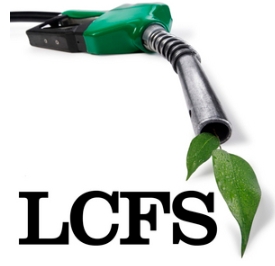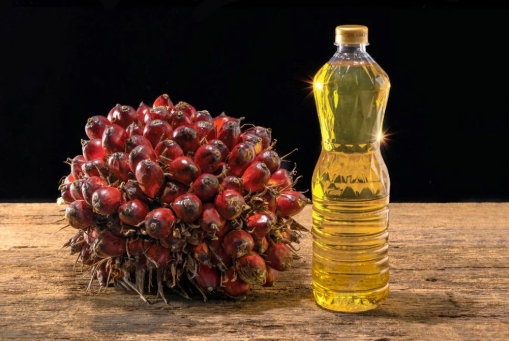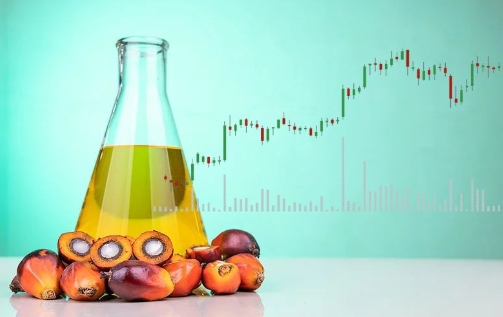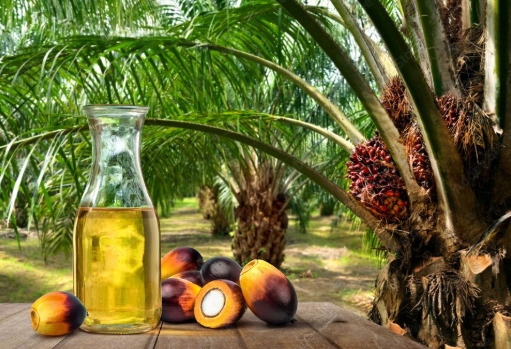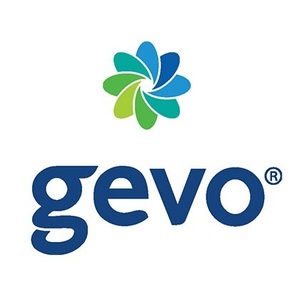
Gevo Inc. and LG Chem Ltd., a leading global chemical company committed to producing sustainable products, announced on April 12 that they have entered into a joint development agreement to develop bio-propylene for renewable chemicals using Gevo’s ethanol-to-olefins (ETO) technology.
Gevo’s proprietary ETO technology can target carbon neutral or carbon negative drop-in replacements for traditional petroleum-based building blocks called olefins, including bio-propylene, that can be used for renewable chemicals or fuels including sustainable aviation fuel. These plant-based, renewable olefins would be derived from atmospheric CO2 captured through photosynthesis and are expected to deliver the same performance in final products on the market today. Under the terms of the Agreement, Gevo will provide the core enabling technology it has developed for renewable olefins to be produced from low-carbon ethanol and together the parties will collaborate to accelerate the pilot research, technical scale-up, and commercialization of bio-propylene.
“We believe Gevo’s ethanol to olefin’s process can be more capital and energy efficient than existing technologies to make the renewable olefin intermediates used in the production of chemicals or fuels,” said Gevo’s Chief Carbon and Innovation Officer, Paul Bloom. “Our partnership with LG Chem is a great example of how we intend to accelerate development and commercialization of our ETO technology to enable renewable chemicals with our world class partner while Gevo plans to deploy the technology to lower the cost and carbon intensity for SAF and other drop-in fuels like renewable diesel.”
“Our joint development agreement with Gevo helps LG Chem expand sustainable and eco-friendly future businesses by reinforcing our business portfolio centered on bio-based raw materials,” said Noh Kug-lae, president of LG Chem’s Petrochemical Business.
Bio-propylene can be used to replace fossil-based products as an eco-friendly raw material for various plastic products and is expected to play a pivotal role in the rapid growth of the bioplastic market and circular economy. Once commercialization is achieved, bio-propylene could be used as a drop-in replacement for use in automobile interiors and exteriors, flooring, and diapers to replace petroleum products with bio-based materials with a low or negative carbon footprint.
